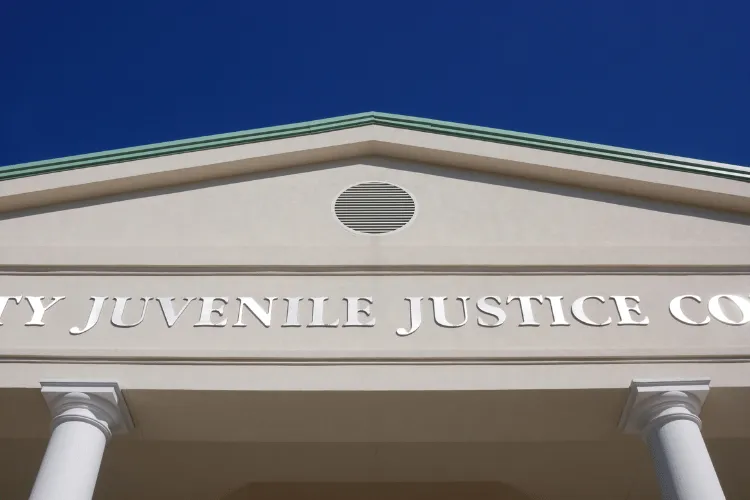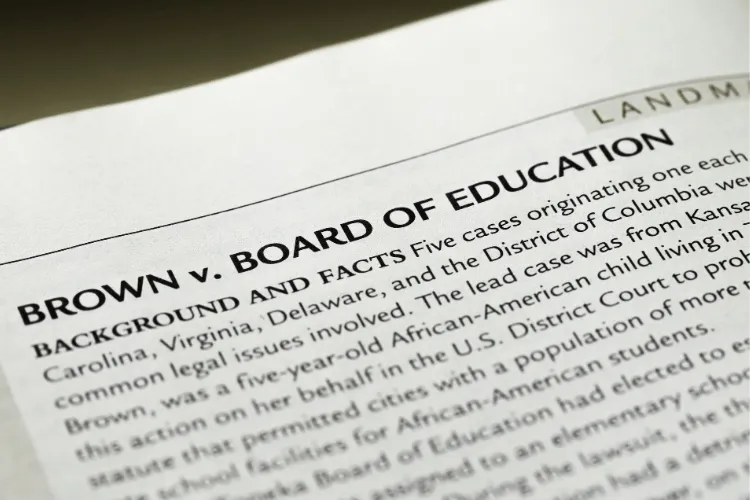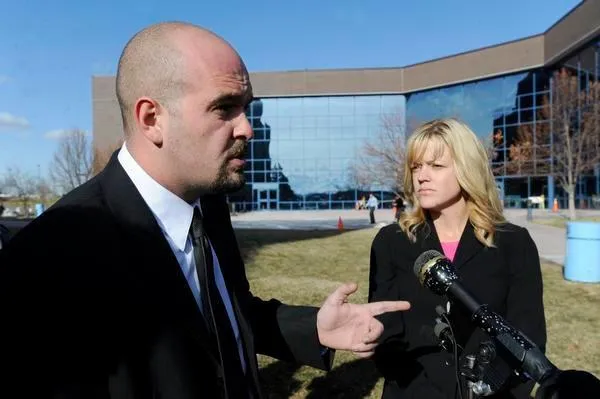Your Family, Our Mission
Our expertise spans across multiple family law disciplines, ensuring you receive the representation you and your family deserve.
Peck Law Colorado is a boutique practice led by attorney Jessica K. Peck, dedicated to protecting families and children. Whether you’re navigating divorce, custody or support, a juvenile court matter, school discipline or IEP issues, disability/mental-health concerns, or an urgent family crisis, you’ll get clear guidance and steady advocacy at every step.
Our approach is practical and results-driven: we aim to resolve matters efficiently through negotiation or mediation, and we litigate when needed to safeguard your rights.
Your Rights, Our Mission
Our expertise spans across multiple family law disciplines, ensuring you receive the representation you and your family deserve.
With a team of seasoned attorneys, we provide strategic, solution-oriented legal services tailored to your needs. Whether you’re facing a business dispute, family matter, or personal injury claim, our firm is committed to protecting your interests. We believe in clear communication, aggressive representation, and a results-driven approach to help you navigate complex legal challenges.

A Track Record of Legal Excellence
Jessica K. Peck is committed to ethical, compassionate advocacy for Colorado families. Every client gets clear advice, honest expectations, and steady representation grounded in trust.
As a boutique solo practice, you work directly with Jessica from consultation to resolution. She tailors strategies across Family Law, Juvenile Law, Education Law, Disability/Mental Health, and Family Crisis Intervention. Over the last two decades, Jessica has handled over 600 clients matters and prioritizes practical, family-centered solutions resolving matters through negotiation or mediation when possible—and is prepared to aggressively litigate when necessary to protect your rights. Accessibility matters here: responsive communication, transparent fees, and a focused plan designed around your family’s needs.
Legal Expertise
for colorado families
We help Colorado families protect their rights at home, in school, and in court. Working directly with attorney Jessica Peck, you’ll get clear guidance and a plan tailored to your situation, whether it involves a divorce or custody issue, a juvenile matter, school/IEP concerns, disability or mental-health needs, or an urgent family crisis. Explore the five practice areas below to see how we can help.

Family Law
Divorce, custody, parenting time, child support, protection orders, and post-decree issues. Jessica Peck provides clear guidance, strategic negotiation, and courtroom advocacy to protect your children, finances, and future across Colorado.

Juvenile Law
Defense and advocacy in delinquency, dependency and neglect (D&N), truancy, and school-related offenses. Jessica safeguards youth rights, mitigates consequences, and coordinates services focused on rehabilitation, education, and family stability.

Education Law
Support with IEPs, 504 plans, evaluations, discipline, bullying, and school placement. Jessica partners with families to secure services, resolve disputes, and protect students’ rights under Colorado and federal education law.

Legal & Media Advocacy
Strategic counsel for high-profile disputes: Jessica aligns legal strategy and public narrative—handling press inquiries, statements, privacy safeguards, and defamation response—working with journalists and PR partners to protect reputation and family.

Family Crisis Intervention
Rapid help in emergencies: protection orders, emergency custody, safety planning, and agency investigations. Jessica moves quickly to stabilize the situation, protect children, and chart next steps for long-term resolution.

Your Success is Our Priority
Choosing the right advocate changes outcomes. With Jessica Peck, you work directly with an experienced Colorado family-law attorney who drives practical results—protecting your children, finances, and future at every step.
Legal issues are stressful. We keep them clear and manageable with transparent fees, plain-language updates, and realistic expectations. Strategy comes first—negotiate when possible, litigate when necessary. You work directly with Jessica Peck, who values trust, integrity, and responsiveness. Here, you’re never a file number—you’re a partner in the process.
Why Choose Peck Law?
Proven Track Record – Consistent, favorable outcomes in custody, parenting-time, support, IEP/504 disputes, and juvenile matters—achieved through strategic negotiation, strong motion practice, and trial advocacy when needed.
Direct Access to Your Attorney – Work one-on-one with Jessica Peck from consultation to resolution.
Tailored, Cross-Discipline Strategy – Family, Juvenile, Education, Disability/Mental Health, and Crisis support—coordinated to fit your goals.
Responsive Communication – Plain-language updates and next steps so you always know where your case stands.

what our clients say about our work








